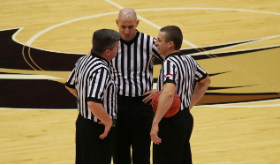
We had a discussion upon payments for the upcoming season. We also discussed about different training group. Check out the Zoom meeting.


We had a discussion upon payments for the upcoming season. We also discussed about different training group. Check out the Zoom meeting.
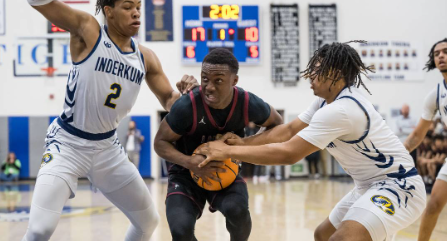
Are you looking to get back into officiating basketball or improve your skills with valuable, real-time feedback? Here’s your chance!
In association with Inderkum High School's Fall League Play, this will be featuring Varsity girls’ games. This is the perfect opportunity to get back into the officiating mindset.
These are 2 Games slots @ 9AM and 10AM.
Inderkum High School
2500 New Market Dr.
Sacramento, CA 95835
Contact:
For any questions or to secure your spot, please contact Shiv Hundal:
📧 This email address is being protected from spambots. You need JavaScript enabled to view it.
📞 (916) 248-0026
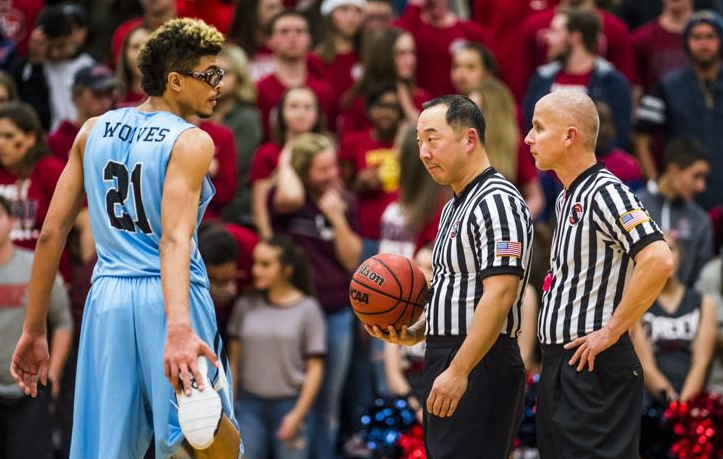
Becoming a better basketball referee isn't just about knowing the rules; it's about enhancing the game experience for players, coaches, and spectators alike. Here are some tips to elevate your officiating skills and make the game better:
1. **Study and Know the Rules**: Understanding the intricacies of the game's rules is fundamental. Regularly review rulebooks, attend clinics, and watch game footage to stay updated.
2. **Focus on Consistency**: Consistency in calls breeds trust and respect. Treat every game and team equally, applying rules consistently throughout.
3. **Communication is Key**: Clear, concise communication with players and coaches can defuse tense situations and foster a positive atmosphere on the court.
4. **Stay Calm Under Pressure**: Maintain composure in high-pressure moments. Keep emotions in check and make decisions confidently and decisively.
5. **Continuous Improvement**: Seek feedback from mentors and peers, and be open to learning from every game experience. Reflect on your performance and identify areas for growth.
6. **Respect the Game**: Show respect for the sport, its participants, and the integrity of the competition at all times.
By embodying these principles and striving for excellence in every game, you'll not only improve as a basketball referee but also contribute to making the game better for everyone involved.

POLICY TITLE: PAYMENT OF OFFICIALS FOR HIGH SCHOOL ATHLETIC EVENTS
Purpose: This policy outlines the requirements and procedures that must be followed by school sites and Athletic Directors when paying officials for high school athletic events. It is intended to ensure transparency, fairness, and compliance with regulations regarding the compensation of officials.
Scope: This policy applies to all high school athletic events sanctioned by the school district and CIF Sac-Joaquin Section, including but not limited to games, tournaments, and meets.
SCHOOL/DISTRICT REQUIREMENTS:
1. Official Rates: The rates of pay for officials must comply with the guidelines set by the CIF Sac-Joaquin Section Board of Managers.
2. Payment Authorization: Payment of officials must be authorized by the Athletic Director or another designated school official.
3. Timely Payment:
a. Officials must be paid on or before the 15th of each month for all events that occurred in the previous month. Failure to abide by this regulation will result in a formal warning (#1) to the Athletic Director and Principal of the school site.
b. Failure to pay the officials within two (2) warning periods may result in a $250 fine to the school site and written notification sent to the district superintendent.
c. Failure to pay the officials within three (3) warning periods may result in a $1,000 fine to the school site.
d. Failure to pay all officials by June 15th of the academic year may result in loss of officials for the school site for the upcoming fall season of sport.
e. A school that receives three (3) warnings issued during the academic year may be subject to no fall officials for the upcoming fall season of sport.
4. Payment Terms:
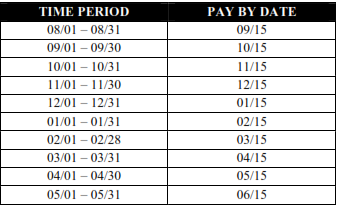
5. Tax Reporting: The school site or Athletic Director must comply with all tax reporting requirements forpay ments made to officials, including issuing Form 1099 to officials. If using ArbiterPay (https://www.arbiterpay.com/) this requirement is met through their software management system and company protocols.
6. Compliance: Failure to comply with this policy may result in disciplinary action, including loss of home games.
7. Recommendation: The CIF Sac-Joaquin Section recommends that schools pay officials weekly or bi-monthly through the ArbiterPay system.
OFFICIALS RECOURSE OF ACTION FOR LATE PAYMENTS:
1. Definition: A late payment is defined as a payment from the previous month that is not received on or after the 15th of each month.
2. Notification:
a. Officials should first email the Athletic Director responsible to inquire about the status of their payment. This information is available at https://www.cifsjs.org/member-schools.
b. Officials should provide information, such as the game number from Arbiter, to support their claim for payment.
3. Follow-up:
a. If payment is not received within five (5) days after the initial inquiry, officials should follow up through a second email with the Athletic Director or designated school official to request expedited payment.
b. Officials should maintain a record of all communications regarding the late payment.
4. Formal Complaint:
a. If payment is not received within five (5) days after following up a second time with the school site, officials may file a formal complaint with the CIF Sac-Joaquin Section Office by completing an online form available at: https://www.cifsjs.org/officiating.
b. The complaint should include details of the unpaid event(s), the amount owed, and copies of any relevant documentation.
Review and Revision: This policy shall be reviewed annually and revised as necessary to ensure compliance with current regulations and best practices.
Approval: This policy is approved by the CIF Sac-Joaquin Section Executive Committee and is effective immediately upon adoption.
Date of Adoption: June 2024

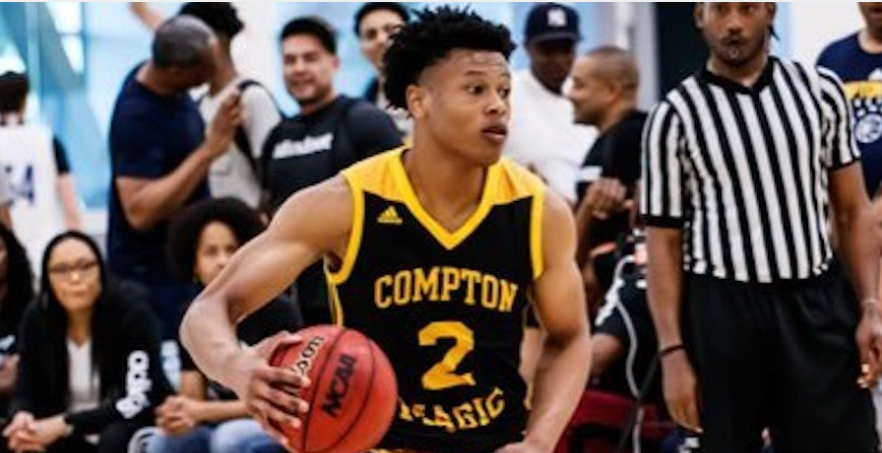
Getting started in officiating basketball can be an exciting and rewarding journey for sports enthusiasts. Here's a beginner's guide to launching your officiating career:
1. **Understand the Rules**: Familiarize yourself with the rules of basketball by studying the rulebook and watching games. Knowing the ins and outs of the game is essential for making accurate calls on the court.
2. **Take Officiating Courses**: Many local organizations, referee associations, and sports officiating agencies offer officiating courses and clinics. These programs provide valuable training on rules, mechanics, and game management.
3. **Gain Experience**: Start officiating at the grassroots level, such as youth or recreational leagues, to gain experience and confidence. Volunteer to officiate scrimmages or intramural games to practice your skills in a low-pressure environment.
4. **Seek Mentorship**: Connect with experienced referees who can provide guidance, feedback, and mentorship as you progress in your officiating journey.
5. **Get Certified**: Depending on your location and level of officiating, you may need to become certified through a governing body or association. Certification typically involves passing exams and meeting certain requirements.
6. **Stay Updated**: Stay current with rule changes, officiating techniques, and best practices by attending workshops, seminars, and continuing education opportunities.
Remember, officiating requires dedication, patience, and a willingness to learn and improve. With perseverance and passion for the game, you can embark on a fulfilling officiating career in basketball.